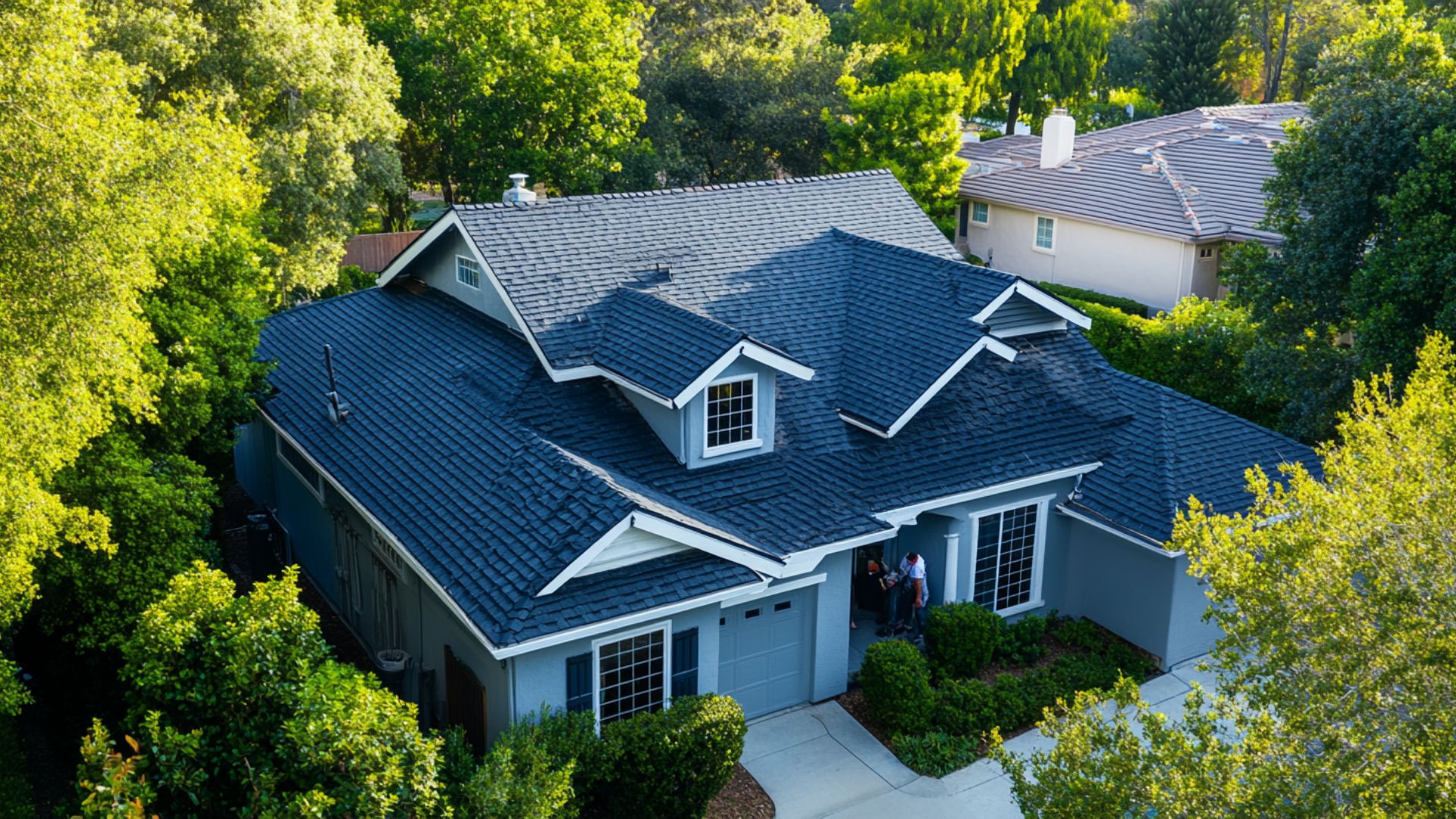
8 Tips to Extend the Life of Your Roof
Your roof plays a crucial role in protecting your home, yet it often gets neglected until problems arise. Have you ever thought about how much damage you could avoid by simply taking a few preventive steps? Whether it’s leaks, missing shingles, or costly repairs, many common roofing issues can be prevented with proper maintenance.
So, how can you ensure your roof stays in top condition for years to come? In this guide, we’ll walk you through 8 practical and easy-to-follow tips to help extend the life of your roof, saving you time, money, and unnecessary stress.
Ready to secure your home with a trusted roofer?
Call Steel Rudder Roofing now for an immediate consultation!
Key Takeaways
- Inspect Regularly: Schedule biannual roof inspections to catch issues early.
- Clean Gutters: Prevent water damage by keeping gutters clear.
- Trim Branches: Keep branches away from the roof to avoid damage.
- Remove Debris: Clear debris to prevent moisture buildup and algae growth.
- Fix Leaks Quickly: Address leaks immediately to prevent further damage.
- Ensure Ventilation: Proper attic ventilation extends your roof’s life.
- Check Flashing: Maintain flashing to avoid leaks around vents and chimneys.
- Prioritize Maintenance: Regular care and repairs extend roof lifespan.
What Are the Causes of Roof Damage?
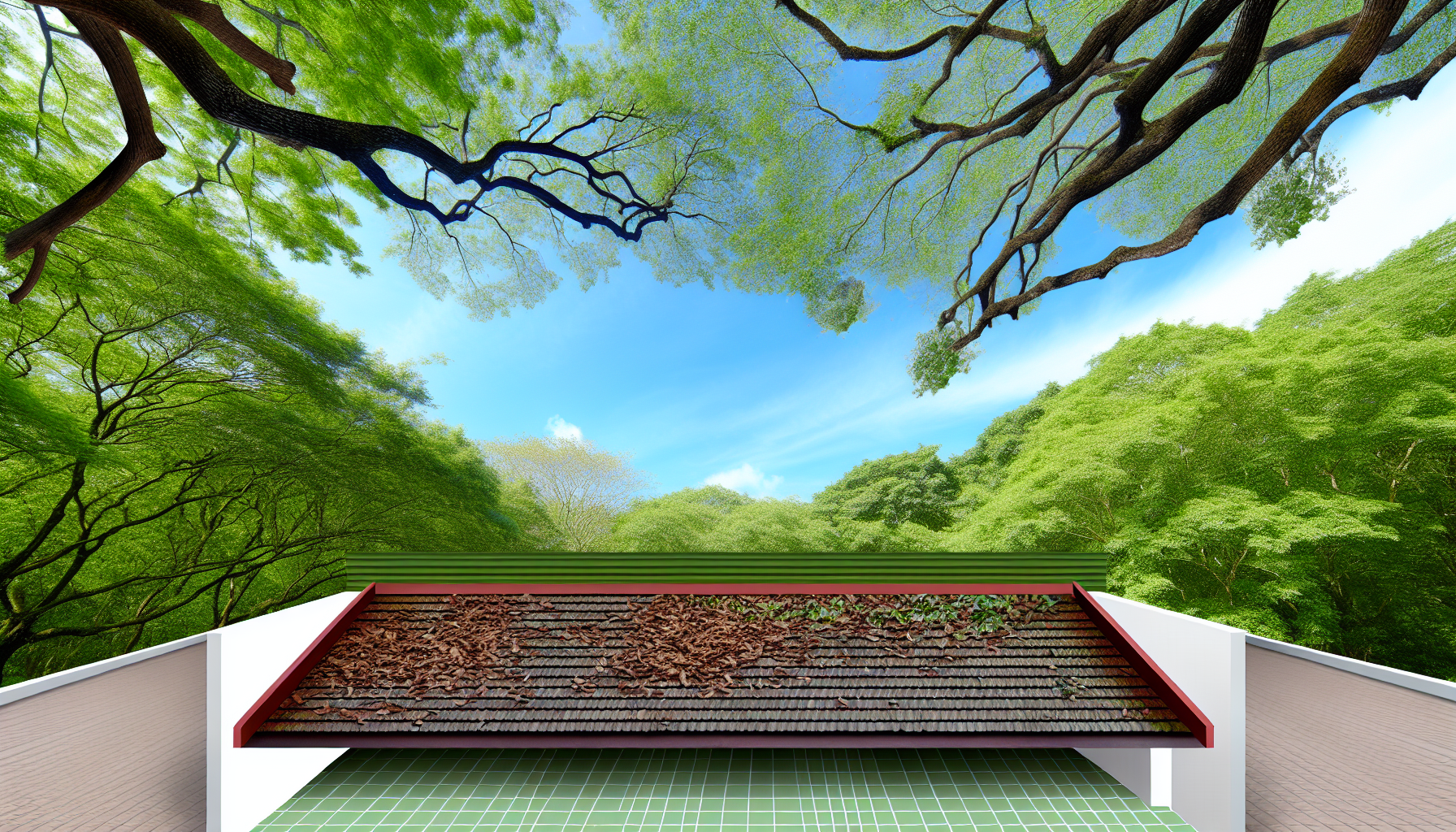
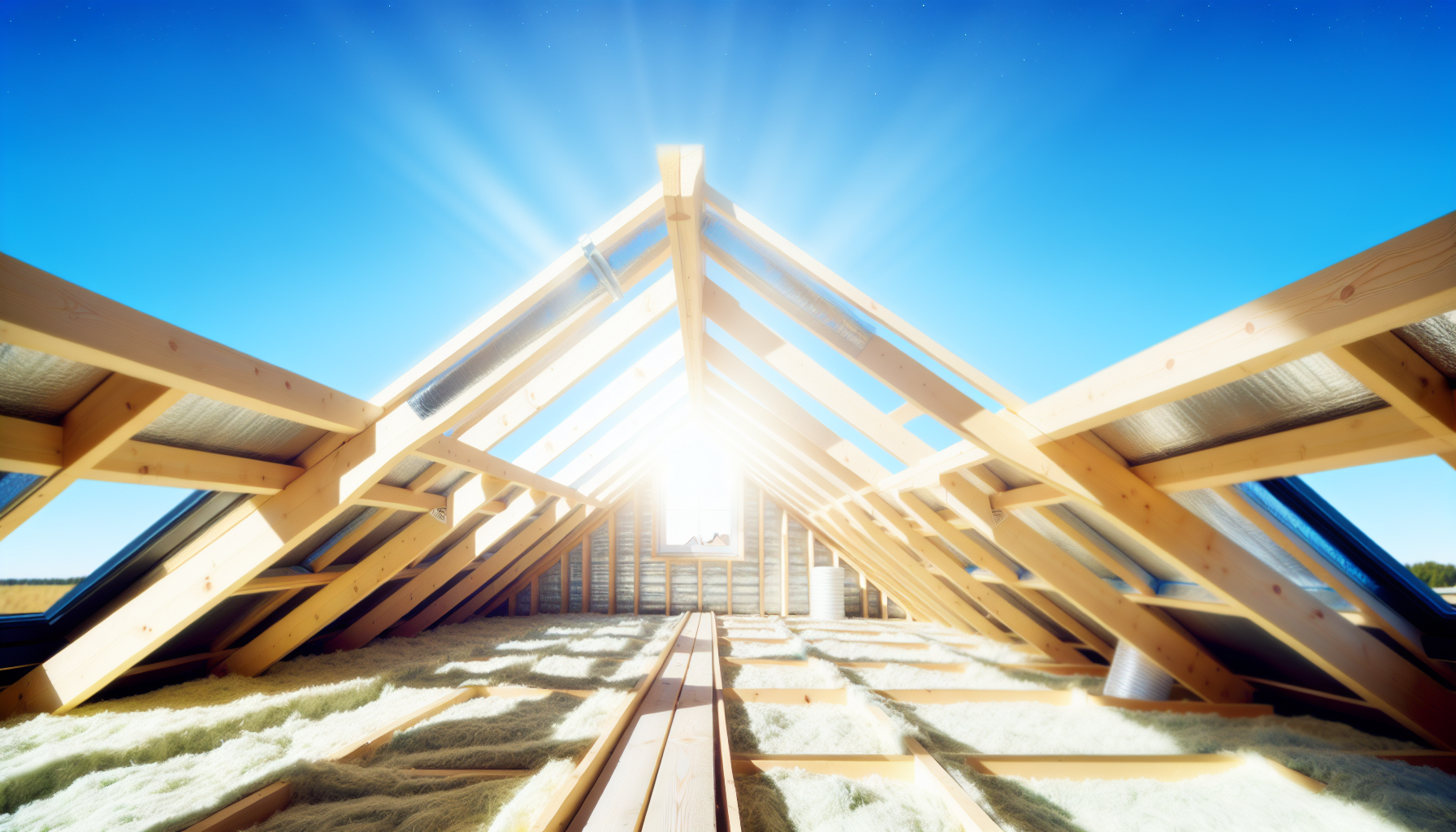
While a roof is designed to last for decades, it still requires regular care and maintenance to avoid damage. Several factors can contribute to roof deterioration, including:
- Environmental Elements
Weather conditions such as hail, wind, snow, sunlight, and rain can cause significant wear and tear over time. Extreme weather can damage shingles, loosen flashing, and lead to leaks. - Poor Installation Methods
Incorrect or substandard installation can compromise the roof’s integrity, leading to premature damage and costly repairs. - Changes in Building Usage
Any alterations in how a building is used—such as adding heavy equipment on the roof or changes in interior climate control—can impact its lifespan. - Biological Growth
Plant debris, moss, and blue-algae growth can trap moisture and weaken roofing materials, leading to rot or mold buildup. - Inconsistent Repairs and Maintenance
Delaying necessary repairs or neglecting regular upkeep can turn minor issues into major structural problems, shortening the roof’s lifespan.
Proper maintenance is essential to avoid these issues and extend the life of your roof.
You can also see our guide on How to Install a Metal Roof in 7 Easy Steps for a comprehensive walkthrough on installing your new roof.
Benefits of Preventive Roof Repair
Preventive roof maintenance isn’t just about fixing problems—it’s about protecting your investment. Regularly scheduled repairs can extend the life of your roof by addressing small issues like cracks, loose shingles, or leaks before they grow into more costly, extensive damage.
By keeping your roof in optimal condition, you also improve energy efficiency, as a well-maintained roof ensures better insulation, helping regulate indoor temperatures and potentially lowering your energy bills. Preventive repairs also keep your home more secure, shielding the structure from water infiltration, mold, and rot, which can compromise both your roof and the building’s integrity.
Most importantly, taking action early reduces the likelihood of unexpected emergencies, giving you peace of mind. A proactive approach saves time, money, and the stress of dealing with major roofing problems down the road.
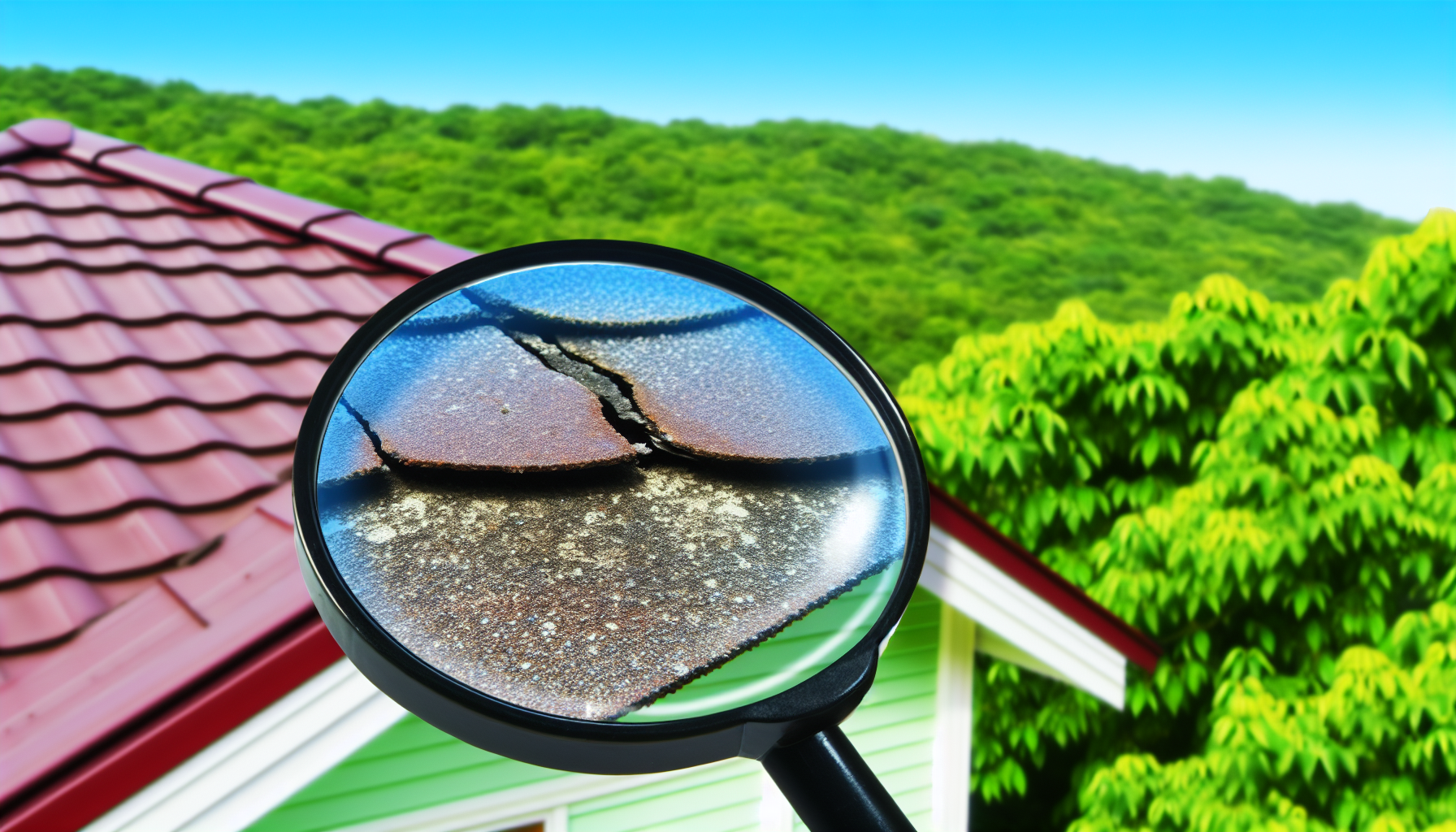
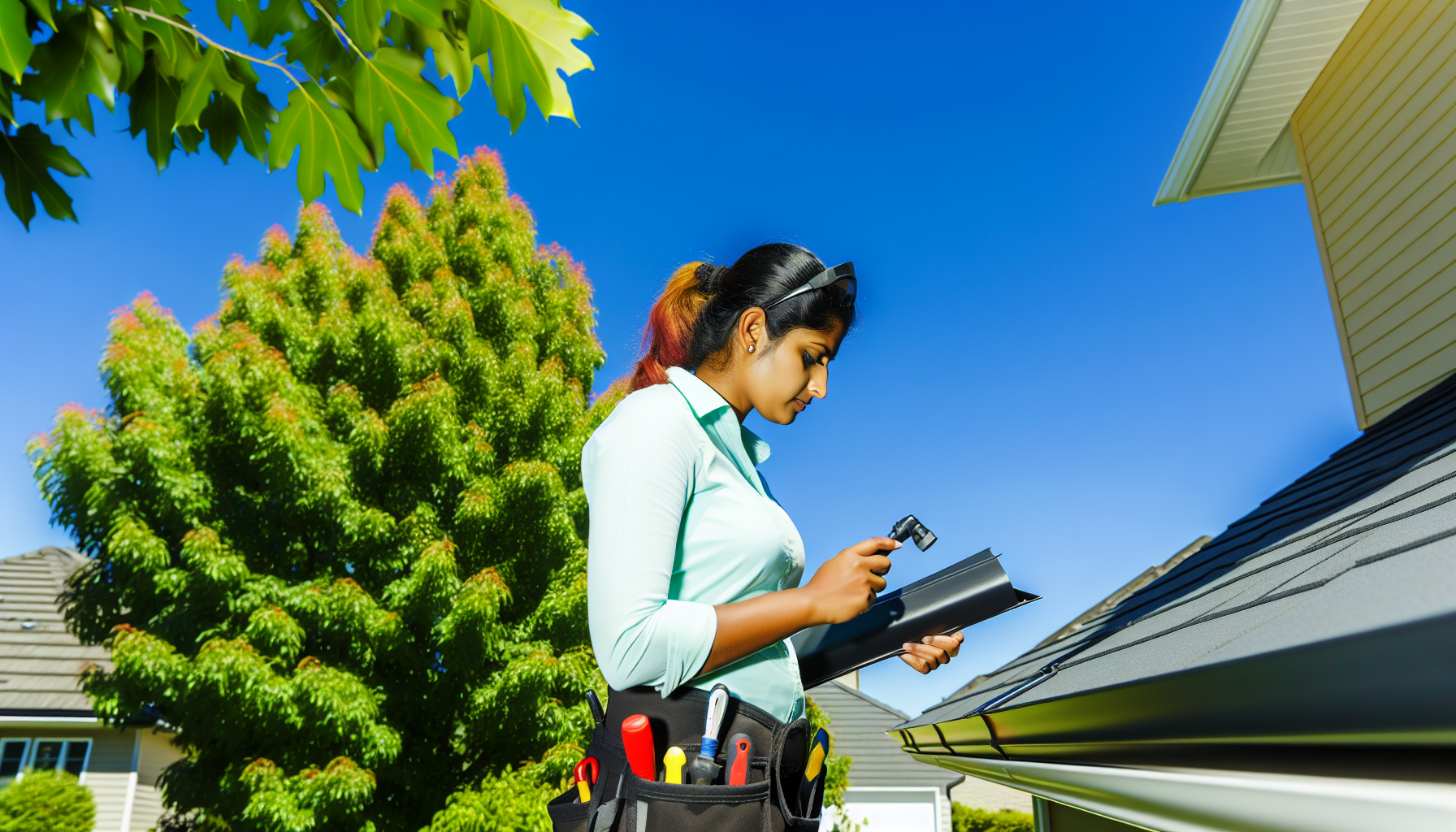
What are the Tips to Extend the Life of Your Roof
1. Schedule Regular Roof Inspections
Why it’s important:
Regular inspections allow professionals to spot small issues—such as cracked or missing shingles, damaged flashing, or potential leaks—before they escalate into expensive repairs. Seasonal weather changes can take a toll on your roof, making inspections essential.
How to do it:
- Schedule professional roof inspections twice a year, in the spring and fall.
- After storms, have an extra inspection to catch any hidden damage.
Pro Tip: Early detection saves you from costly roof repairs and extends your roof’s lifespan.
2. Clean Your Gutters Regularly
Why it’s important:
Clogged gutters can cause water to back up onto your roof, leading to leaks and potential structural damage. Additionally, wet debris adds unnecessary weight to your gutters, which can pull them away from your roof.
How to do it:
- Clean gutters twice a year, especially after heavy storms or during fall.
- Use gutter guards to minimize debris and reduce the frequency of cleaning.
Pro Tip: Clean gutters not only protect your roof but also prevent water damage to your home’s foundation.
3. Trim Overhanging Tree Branches
Why it’s important:
Branches hanging too close to your roof can scrape against shingles, causing them to wear down. In storms, large branches can break off and puncture your roof, while leaves from nearby trees can clog your gutters.
How to do it:
- Trim back any branches that are within 10 feet of your roof.
- Regularly monitor tree growth and prune as needed to keep branches from encroaching.
Pro Tip: Pruning overhanging branches reduces the risk of physical damage and helps keep your roof debris-free.
4. Remove Debris from Your Roof
Why it’s important:
Leaves, dirt, and other debris can accumulate on your roof, trapping moisture and leading to moss, algae, or mold growth. This can damage roofing materials and shorten your roof’s life.
How to do it:
- Clear off debris regularly, especially after storms or in the fall.
- Use a professional service if your roof is steep or difficult to access.
Pro Tip: Regular roof cleaning prevents moisture buildup and ensures your roof stays in good condition.
5. Address Roof Leaks Immediately
Why it’s important:
Even small leaks can cause significant damage over time, including mold growth, insulation damage, and structural decay. Ignoring a leak can lead to expensive repairs both inside and outside your home.
How to do it:
- At the first sign of a leak, like water stains on the ceiling or damp spots in the attic, contact a professional roofer.
- Have the issue repaired immediately to prevent further damage.
Pro Tip: Promptly fixing leaks saves you money in the long run and protects your roof’s integrity.
6. Ensure Proper Attic Ventilation
Why it’s important:
Proper attic ventilation helps to regulate temperature and moisture levels, preventing your roof from overheating or collecting excess moisture. Poor ventilation can lead to shingle damage, mold growth, and a shorter roof lifespan.
How to do it:
- Check your attic to ensure vents are unobstructed.
- Make sure insulation isn’t blocking airflow, and consider adding vents if necessary.
Pro Tip: Well-ventilated attics help keep your roof in top shape and can improve your home’s energy efficiency.
7. Check Your Roof Flashing
Why it’s important:
Flashing seals the joints and edges around chimneys, skylights, and vents. Damaged or loose flashing can let water seep into your roof, leading to leaks and water damage.
How to do it:
- Inspect flashing during regular roof inspections, especially after storms or high winds.
- Repair or replace flashing that is cracked, warped, or missing.
Pro Tip: Keeping flashing in good condition prevents leaks and extends the life of your roof.
8. Invest in Preventive Maintenance
Why it’s important:
Preventive maintenance ensures that small issues are addressed before they become major problems. Routine care keeps your roof in optimal condition, saving you money and extending its lifespan.
How to do it:
- Schedule regular maintenance checks with a professional roofer.
- Clean, inspect, and repair as needed to keep your roof in top shape.
Pro Tip: A proactive approach to roof care can add years to the life of your roof and reduce the likelihood of costly repairs.
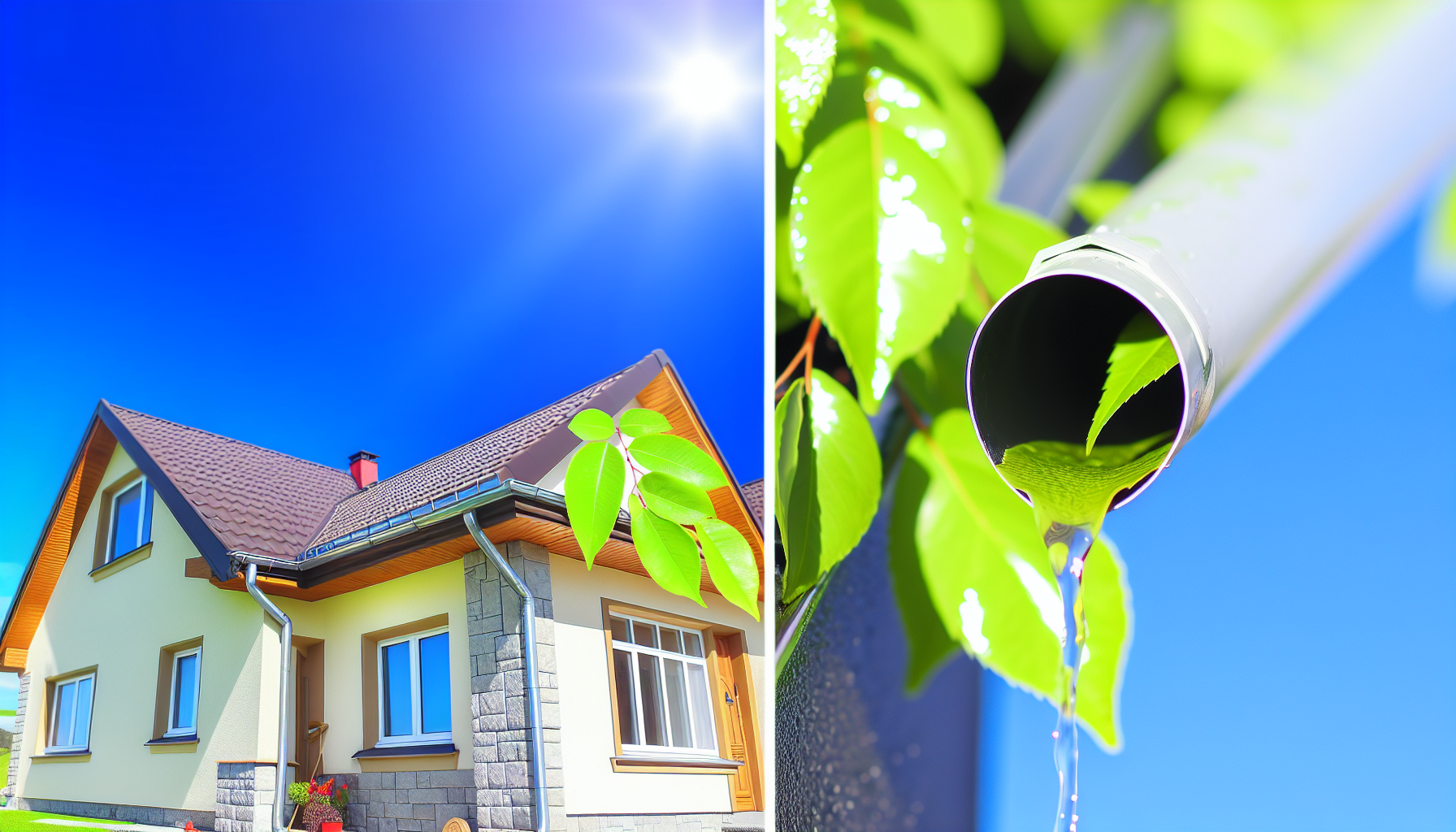
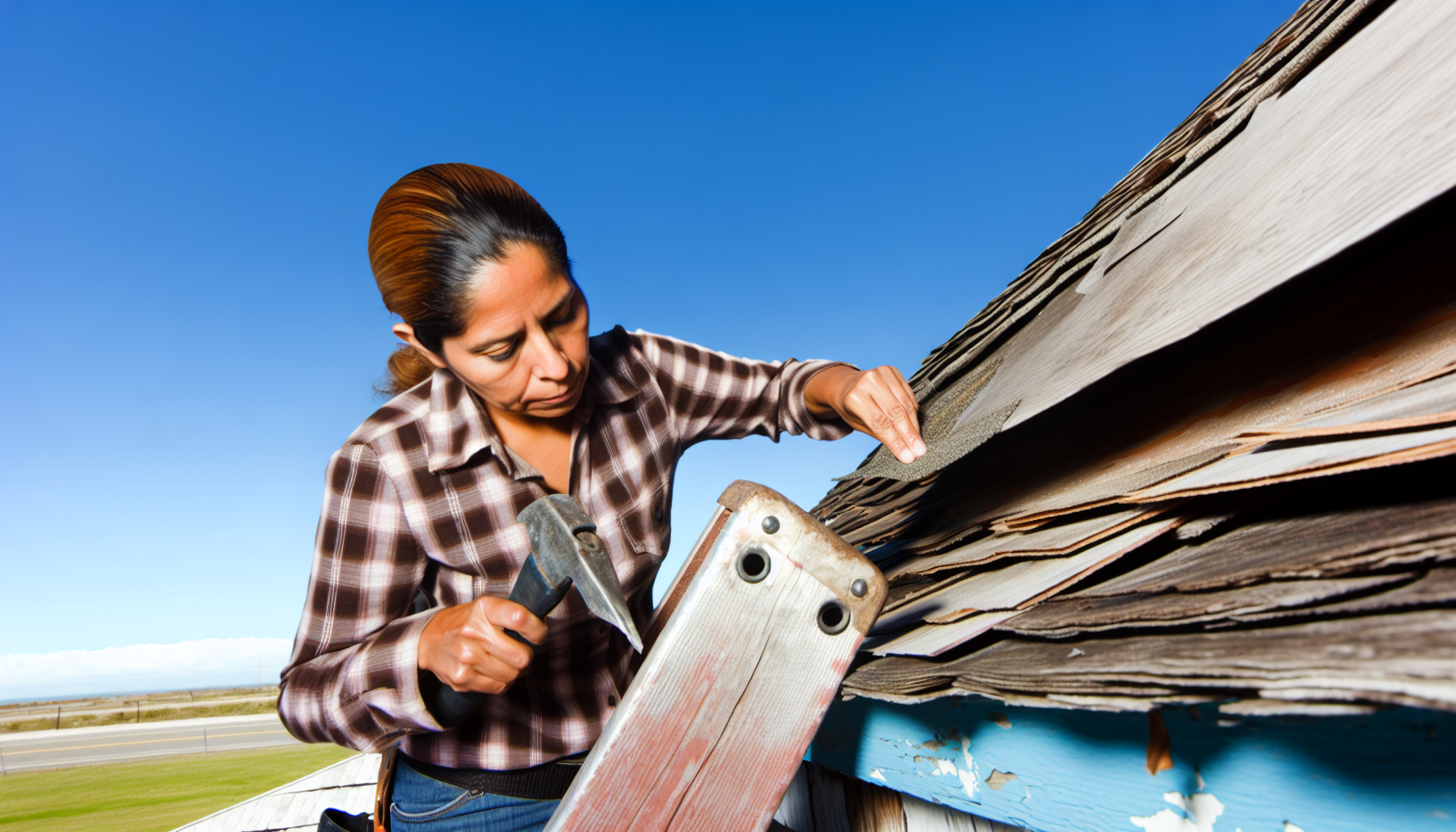
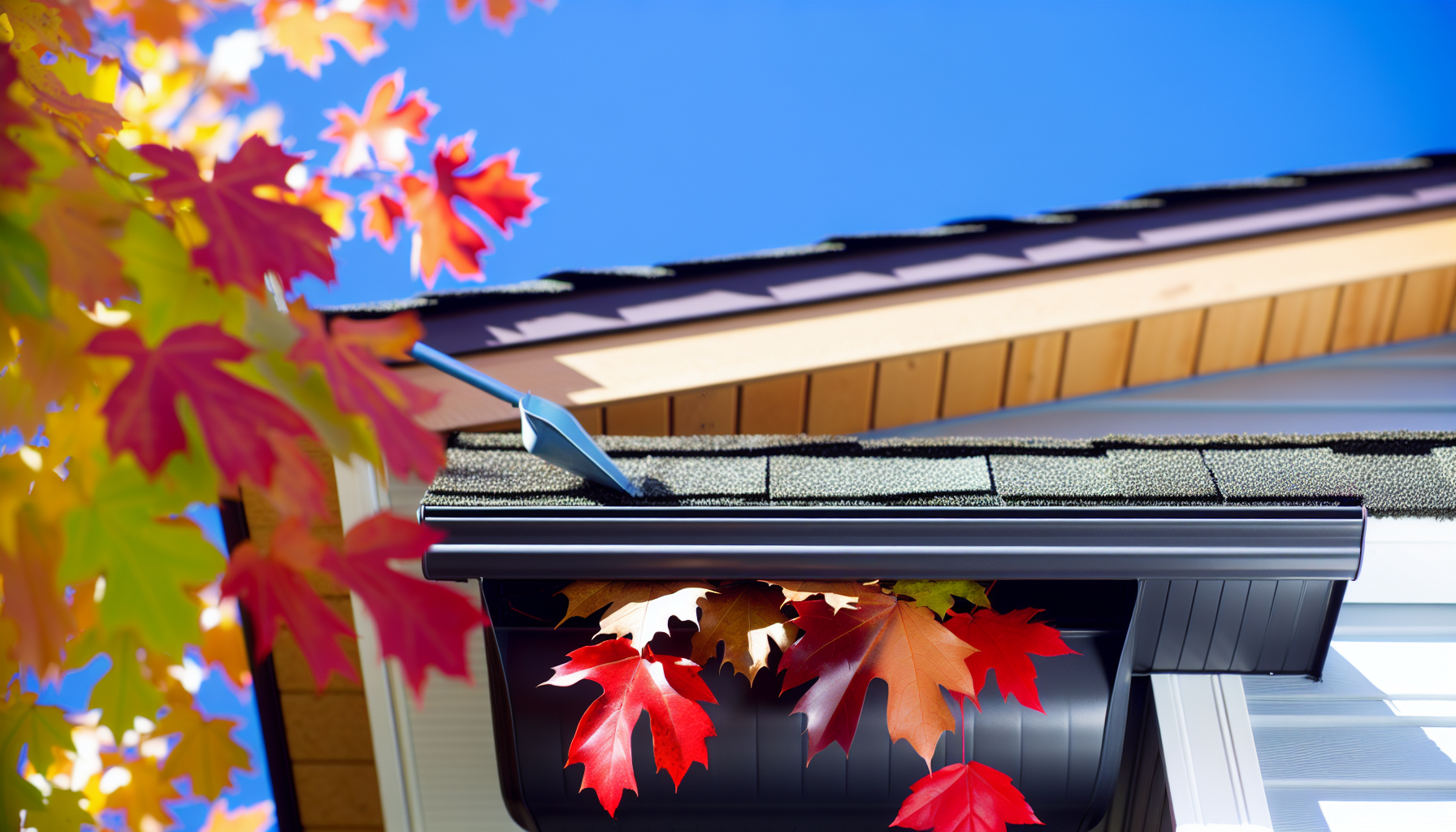
Professional Roof Inspection
By taking a proactive approach to roof maintenance, you can extend the life of your roof, prevent costly repairs, and protect your home from the elements. Regular inspections, proper cleaning, and timely repairs all play a crucial role in maintaining your roof’s integrity.
Don’t wait for problems to escalate—small steps like clearing debris, trimming overhanging branches, and checking for leaks can make a big difference. If you’re looking for professional help, trust Steel Rudder Roofing to provide expert services tailored to your needs.
Contact us today to schedule your roof maintenance and keep your home safe for years to come!
How long do you want to deal with roofing problems?
Contact us for a free consultation and start your journey to a new, worry-free roof with Steel Rudder Roofing!
Get in Touch
(904) 699-4573
kenbaker@steelrudder.com
Hours of Operation
Monday – Friday: 8am – 6pm
Saturday – Sunday: 9am – 1pm
Our Headquarters
10151 Deerwood Park Blvd.
Building 200, Suite 250
Jacksonville, FL 32256
